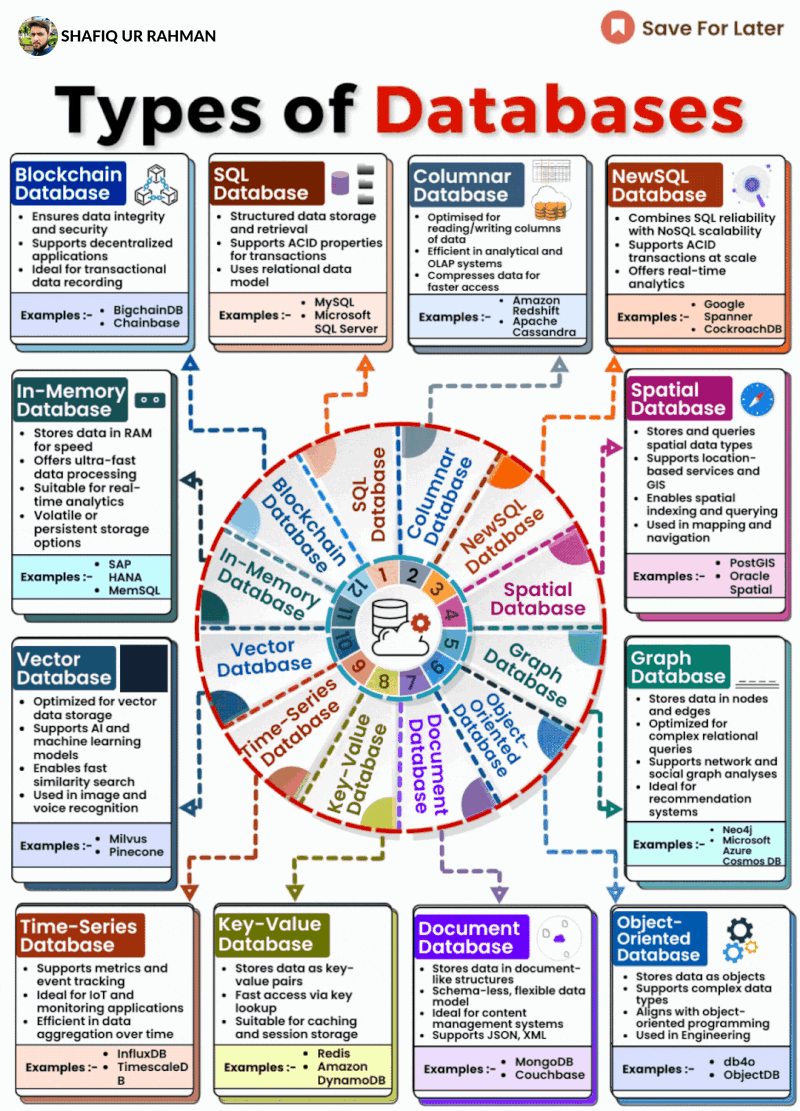The Dual Faces of Technology: Enhancing and Replacing Jobs

Automation has been on my mind a lot lately, more immediately due to a book I read , but also because of the looming reality of artificial intelligence. To understand what's involved, making the distinction between replacing technologies and enabling technologies is crucial. As we traverse the timeline of the 20th century, we observe how each type of technology has distinctly influenced employment. Automated technologies have transformed industries by replacing manual labor with machines. Consider the automated switchboards introduced in the early 20th century. Previously, telephone operators manually connected calls using physical connectors on a switchboard. With the advent of automated switchboards in the 1920s and 1930s, many of these jobs were eliminated as calls were routed through electromechanical systems. Similarly, in agriculture, the introduction of mechanical harvesters like the combine harvester in the 1930s drastically reduced the need for manual labor. These machine...


